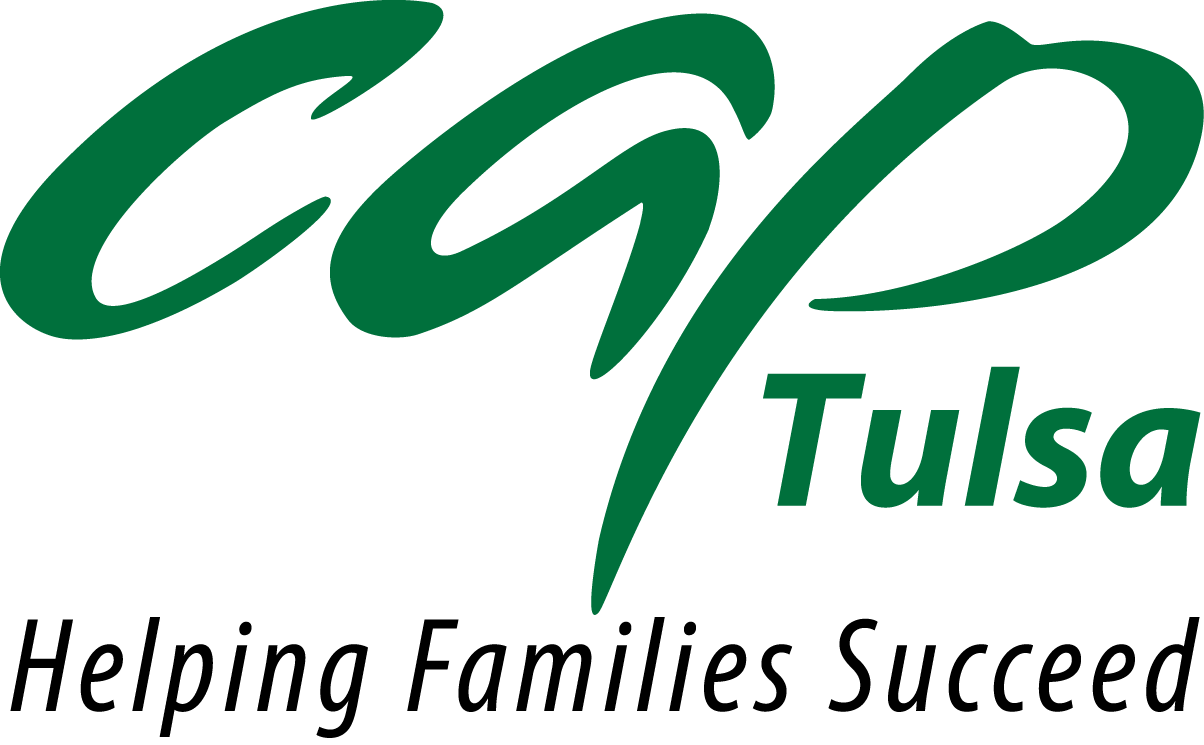David Blatt at OK Policy does a nice job of explaning the “cliff effect”, whereby people lose important public benefits as their earnings increase. This means that struggling families who manage to raise their incomes face a sort of “tax” on their efforts toward economic self-sufficiency:
The cliff effect is most dramatic for Medicaid health insurance coverage, which tends to be an all-or-nothing benefit. Children in Oklahoma are eligible for Medicaid up to 185 percent of the federal poverty level, while adults lose eligibility when they make less than 50 percent of the poverty level. Other work support programs, including the earned income tax credit, the food stamp program, and child care subsidies, minimize the cliff effect by phasing out the amount of benefits at higher incomes, or in the case of child care subsidies, requiring higher co-payments. The cumulative effect, however, is that for most low-income workers who are attempting to move up the income ladder, additional earnings can be largely or fully offset by higher taxes and the loss of benefits. At a certain threshold, workers find themselves in a situation where the rational response to an offer of a raise or a better job is to respond, “Sorry, but I just can’t afford it.”
I did some work on this issue a while back, in order to better understand what exactly those “cliffs” look like to our families. We found that a single mom with two children takes home an average of just 34 cents for every additional dollar she earns, with the largest impact (as Blatt notes) caused by the loss of health care coverage for her and her children.

 Oklahoma Policy Institute
Oklahoma Policy Institute
